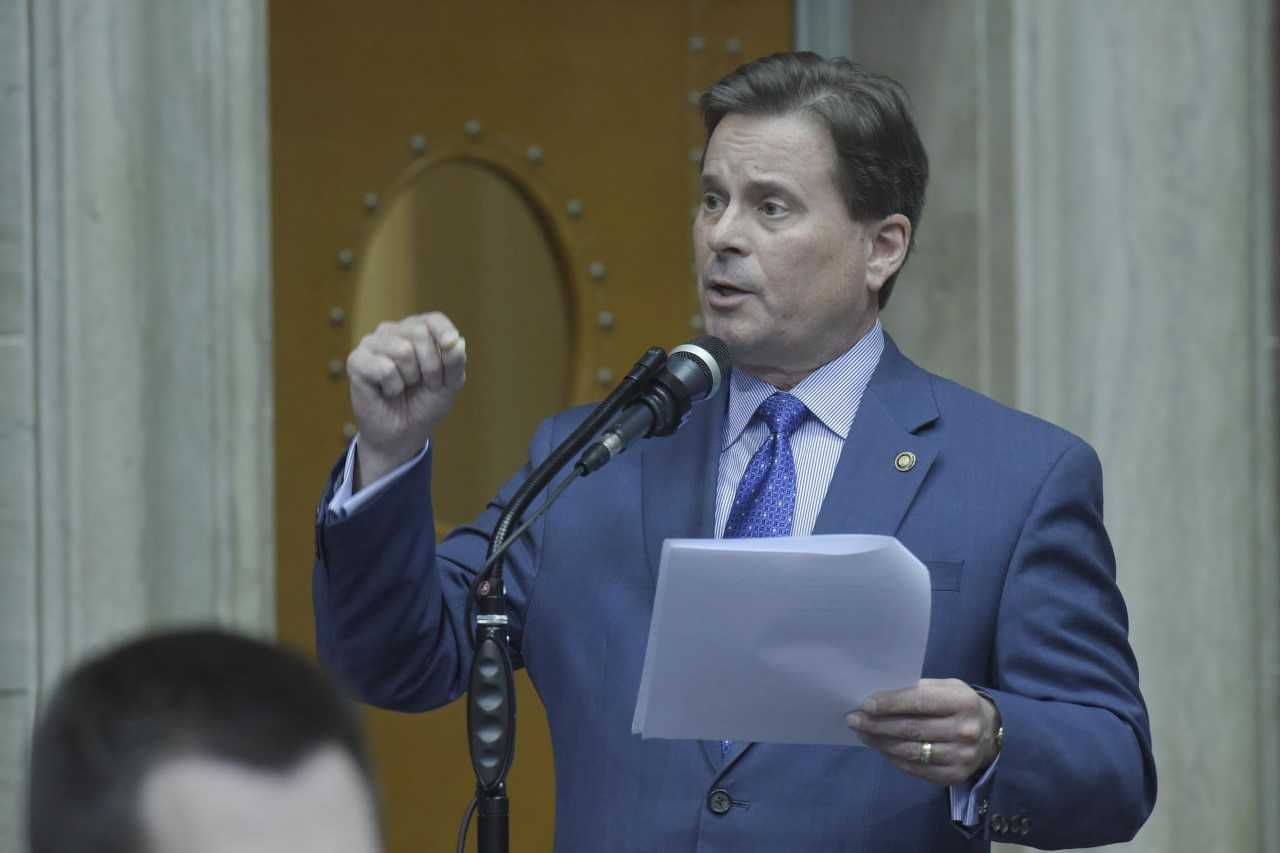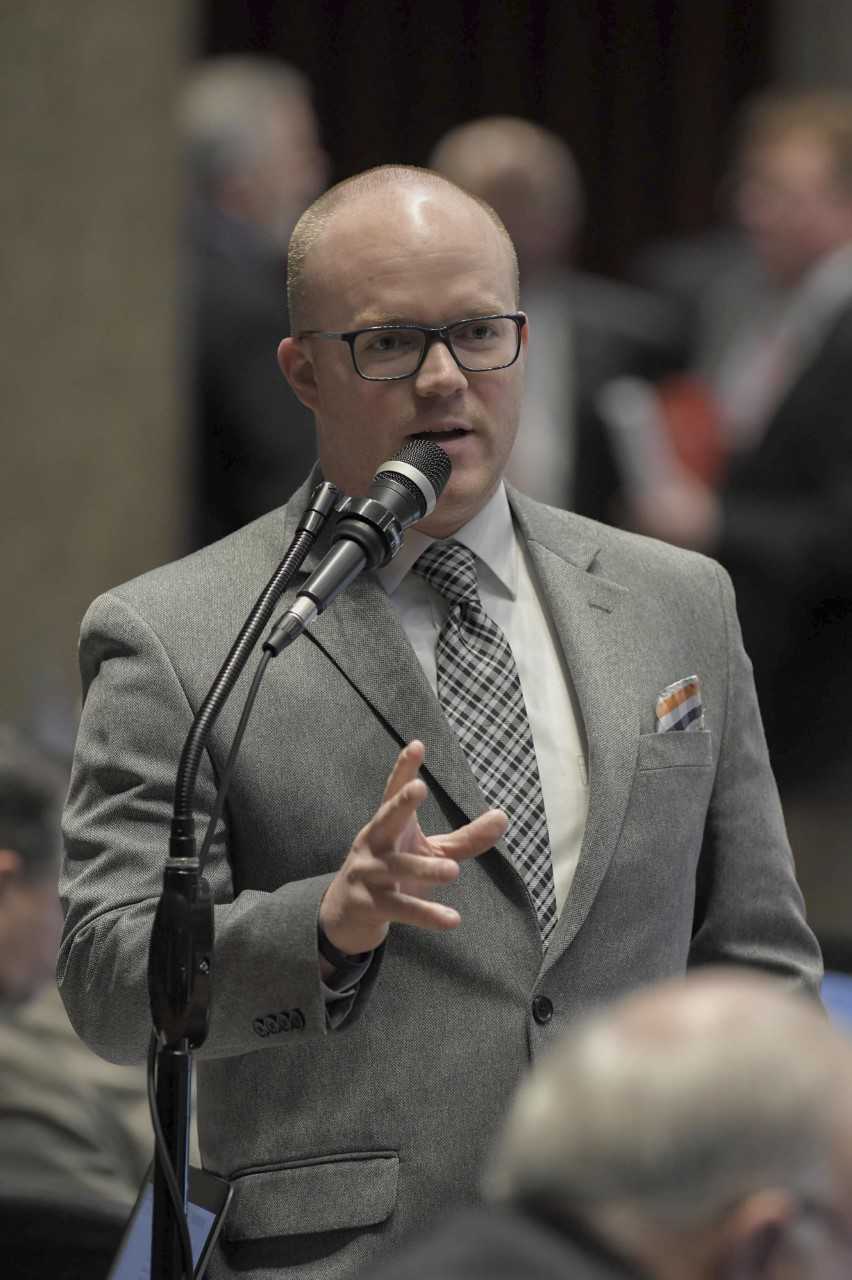The Missouri Legislature will convene for a special session next month to reexamine two bills vetoed by Governor Mike Parson (R).
One bill dealt with guidelines for treatment courts. The other allows high school computer science courses to count toward graduation requirements for math, science, or practical arts credits; and aims to begin preparing students at an earlier age for the opportunities they could have in the job market.
In Parson’s veto messages, he said the treatment courts bill appeared to violate the state constitution’s prohibition on legislation covering multiple subjects. He objected to a provision in the education bill that he said seemed to narrow a bidding process down so that only one company could qualify.

Treatment courts in Missouri provide a court-supervised, comprehensive treatment program as an alternative to jail time. Participants must complete a rigorous regimen including interventions and supervision in order to complete the program. Drug courts, juvenile treatment courts, and veterans’ courts are some examples of these programs.
House Bill 2562 was sponsored by Springfield Representative Kevin Austin (R). He said in the past the legislature has dealt with treatment courts in a “piecemeal” fashion, and the main goal of the bill was to consolidate the various types of treatment courts and lay out best practices.
The bill would also allow defendants in a circuit that lacks a treatment court to be transferred to one in another circuit, with certain approvals.
Austin said treatment courts benefit not only participants, but also their families and communities, and they save the state money through factors such as decreasing incarcerations.
The House handler of the education legislation is Representative Travis Fitzwater (R-Holts Summit), who has worked on STEM (science, technology, engineering and math) bills for several years. He doesn’t believe that Senate Bill 894 needed to be vetoed, but is “thrilled” the governor and legislative leadership saw the issue as important enough to revisit it in a special session.

Fitzwater said the STEM portion of SB 894 is aimed at middle school students.
“Why it’s so important to have the curriculum in middle school is because there are studies that show that 25-percent of high schoolers don’t have any idea what’s available to them in career fields when they graduate, and that’s a real problem,” said Fitzwater. “The reason to have it early it middle school is the earlier the better in giving them some career paths that may interest them or to weed out maybe some fields that they’re not interested in as well.”
Fitzwater said by readdressing his legislation in a special session rather than waiting for the new session to begin in January, its provisions might not have to be pushed back another school year. This would allow another grade level of students to benefit from it.
Austin said the sooner the legislature can deal with the treatment courts issue, the sooner the state’s courts can begin implementing the most effective practices. It would also make a difference for defendants who could benefit from treatment courts but might not have access to them, especially in cases in which the transfer language would apply.
The special session will begin Monday, September 10 and will overlap with the annual veto session, which was already scheduled to begin Wednesday, September 12.
Additional audio: Kevin Austin says treatment courts offer an alternative to jail time, but a defendant must go through a rigorous process to successfully complete the program and faces that jail time if he or she fails.